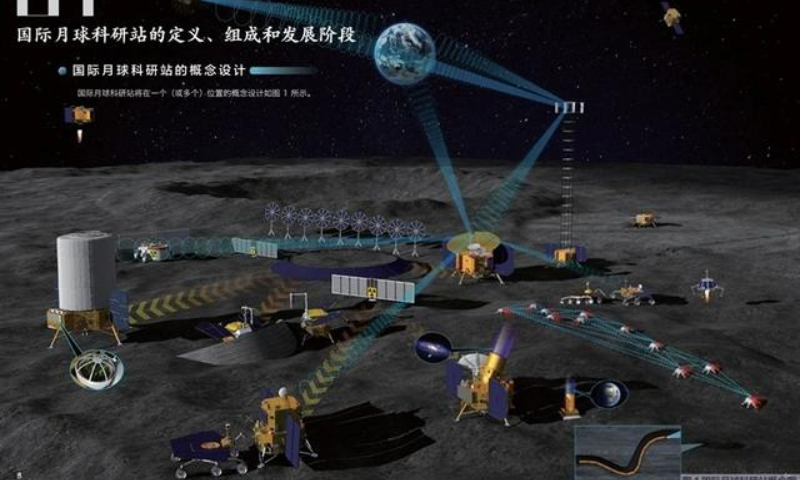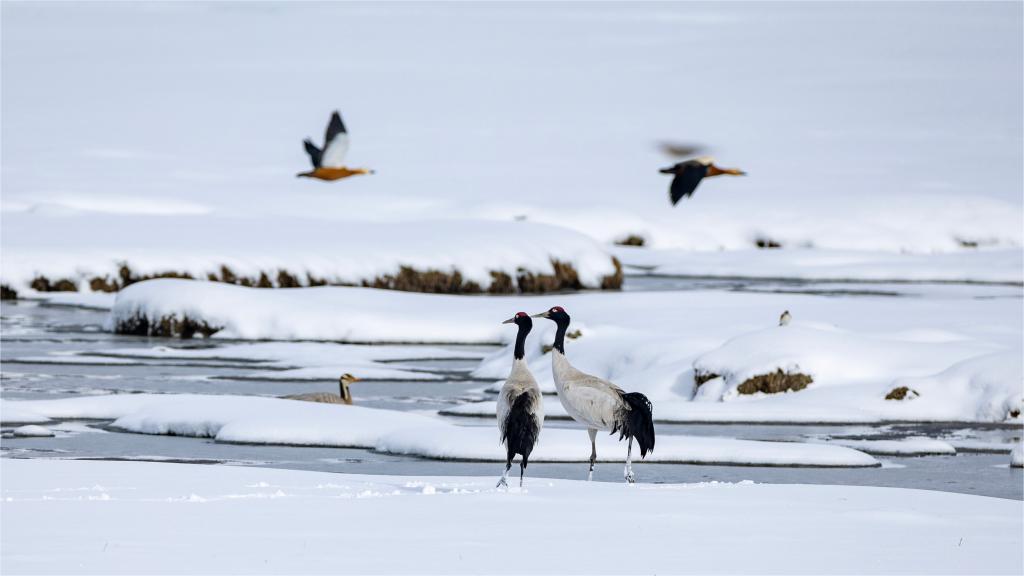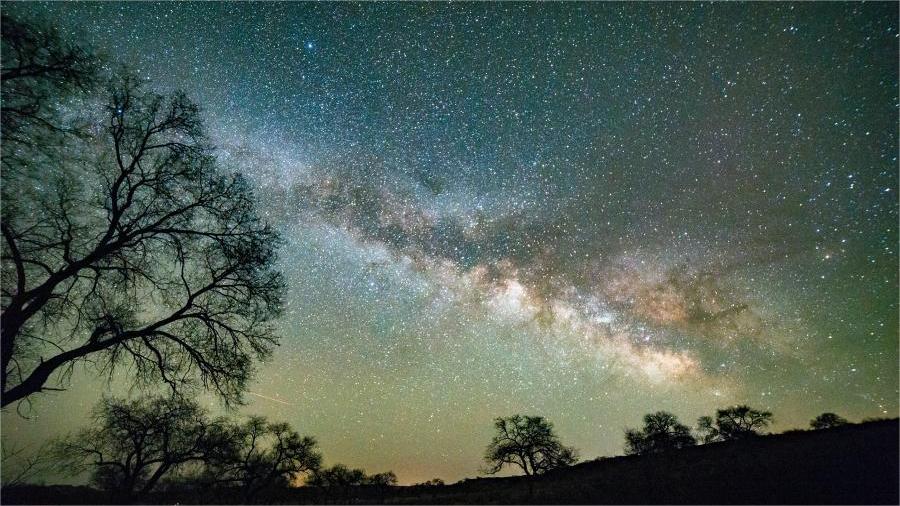Türkiye becomes 10th nation to join Chinese-Russian led International Lunar Research Station program

Photo: stdaily.com
Russia confirmed on Monday that Türkiye has applied to participate in the International Lunar Research Station (ILRS) jointly initiated by China and Russia, making it the 10th nation to join the group following Thailand. The news coincided with the arrival in Beijing of Russian Foreign Minister Sergey Lavrov for a visit to China. Russia has also invited other BRICS members to join the lunar research.
Anatoly Petrukovich, director of the Space Research Institute of the Russian Academy of Sciences (RAS IKI), made the announcement, citing Türkiye's emerging role in global space endeavors, according to Russian and Turkish media reports.
This initiative "represents a new chapter in Türkiye's quest for a robust presence in space research and exploration," the Türkiye Newspaper said on Monday. By applying to the ILRS, Türkiye seeks to boost its scientific and technological prowess, the report noted, adding that the country will also be joining an elite group of nations dedicated to advancing space exploration.
Russia has also invited other BRICS member countries to discuss cooperation on the Moon research, Lev Zeleny, scientific director of the RAS IKI, said on Monday, according to TV BRICS, a Moscow-based media outlet dedicated to covering news among BRICS members.
"We are thinking of organizing a big cooperation on lunar exploration within the BRICS. So far these are only plans. Perhaps we will discuss them in the near future at a meeting of BRICS countries," Zeleny said at a press conference ahead of Cosmonautics Day, which falls on April 12.
Petrukovich said that future plans for the ILRS include establishing a collaborative data processing center to consolidate essential information for lunar exploration. Additionally, China and Russia have signed a cooperation pact between their respective lunar projects, Chang'e-7 and Luna-26, facilitating joint operations in orbit.
The possibility of putting a nuclear reactor on the Moon is also being considered, Petrukovich said.
China plans to work with global partners to construct a basic version of the ILRS before 2028, an improved version before 2040, and a more complete one with application functions by around 2050, Director General of China's Deep Space Exploration Laboratory Wu Weiren previously revealed.
The basic version of the ILRS to be completed before 2028 will execute lunar environment exploration and experiments as well as verification of the use of lunar resources, while the improved version will be able to conduct Earth-moon space environment exploration and relevant scientific experiments as well as the construction of comprehensive constellation Queqiao satellites, which will enhance communication, navigation and remote sensing capabilities.
Following these developments, the lunar research station will be gradually upgraded into a multi-function, application-oriented moon base, Wu noted.
"We welcome all countries to join hands in the International Lunar Research Station," Wu said.
As the first step toward building the ILRS, China will launch the Chang'e-6 lunar probe in the first half of 2024, which will attempt to achieve the world's first return of a lunar sample from the dark side of the moon.
The ILRS has already attracted the interest of more than a dozen countries and organizations, including Venezuela, South Africa, Azerbaijan, Pakistan, Belarus, Egypt, and Thailand. Several US-based and European organizations have also cooperated with China and Russia on the program, including the Hawaii-based International Lunar Observatory Association, Swiss company Nano-SPACE for Cooperation, and France's Thales Group.
Photos
Related Stories
Copyright © 2024 People's Daily Online. All Rights Reserved.









